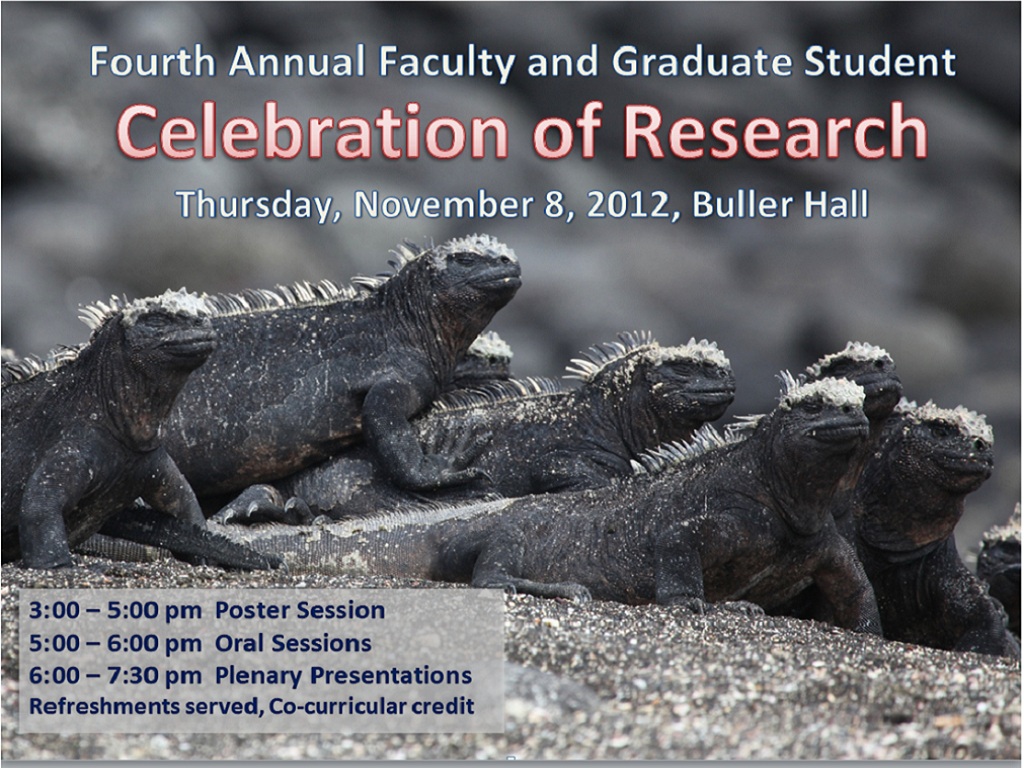P-08 The Impact of Servant Leadership on Job Burnout among Employees of a Christian Hospital: Structural Equation Model
Presenter Status
School of Business Administration
Second Presenter Status
Department of Nursing
Location
Buller Hallway
Start Date
8-11-2012 3:00 PM
End Date
8-11-2012 5:00 PM
Presentation Abstract
Servant leadership reflects the Christian values and Biblical principles of providing service to others. The effects of servant leadership on employees are not known. Our purpose was to examine whether the practice of servant leadership in a Christian hospital improves effectiveness and/or decreases job burnout among employees. Full-time employees of the Metroplex Adventist Hospital were surveyed. Structural Equation Model analysis of the 644 responses showed that servant leadership offers five virtues: interpersonal support, community building, altruism, egalitarianism, and moral integrity, all of which were significantly negatively correlated with job burnout in terms of emotional exhaustion, depersonalization, and personal accomplishment. Age was the most significant demographic variable: older healthcare providers perceived a higher level of servant leadership and experienced less job burnout. The results suggest that a spirit of service in the executive leader can permeate an entire hospital, alleviating human “pain” both physical and psychological.
P-08 The Impact of Servant Leadership on Job Burnout among Employees of a Christian Hospital: Structural Equation Model
Buller Hallway
Servant leadership reflects the Christian values and Biblical principles of providing service to others. The effects of servant leadership on employees are not known. Our purpose was to examine whether the practice of servant leadership in a Christian hospital improves effectiveness and/or decreases job burnout among employees. Full-time employees of the Metroplex Adventist Hospital were surveyed. Structural Equation Model analysis of the 644 responses showed that servant leadership offers five virtues: interpersonal support, community building, altruism, egalitarianism, and moral integrity, all of which were significantly negatively correlated with job burnout in terms of emotional exhaustion, depersonalization, and personal accomplishment. Age was the most significant demographic variable: older healthcare providers perceived a higher level of servant leadership and experienced less job burnout. The results suggest that a spirit of service in the executive leader can permeate an entire hospital, alleviating human “pain” both physical and psychological.



